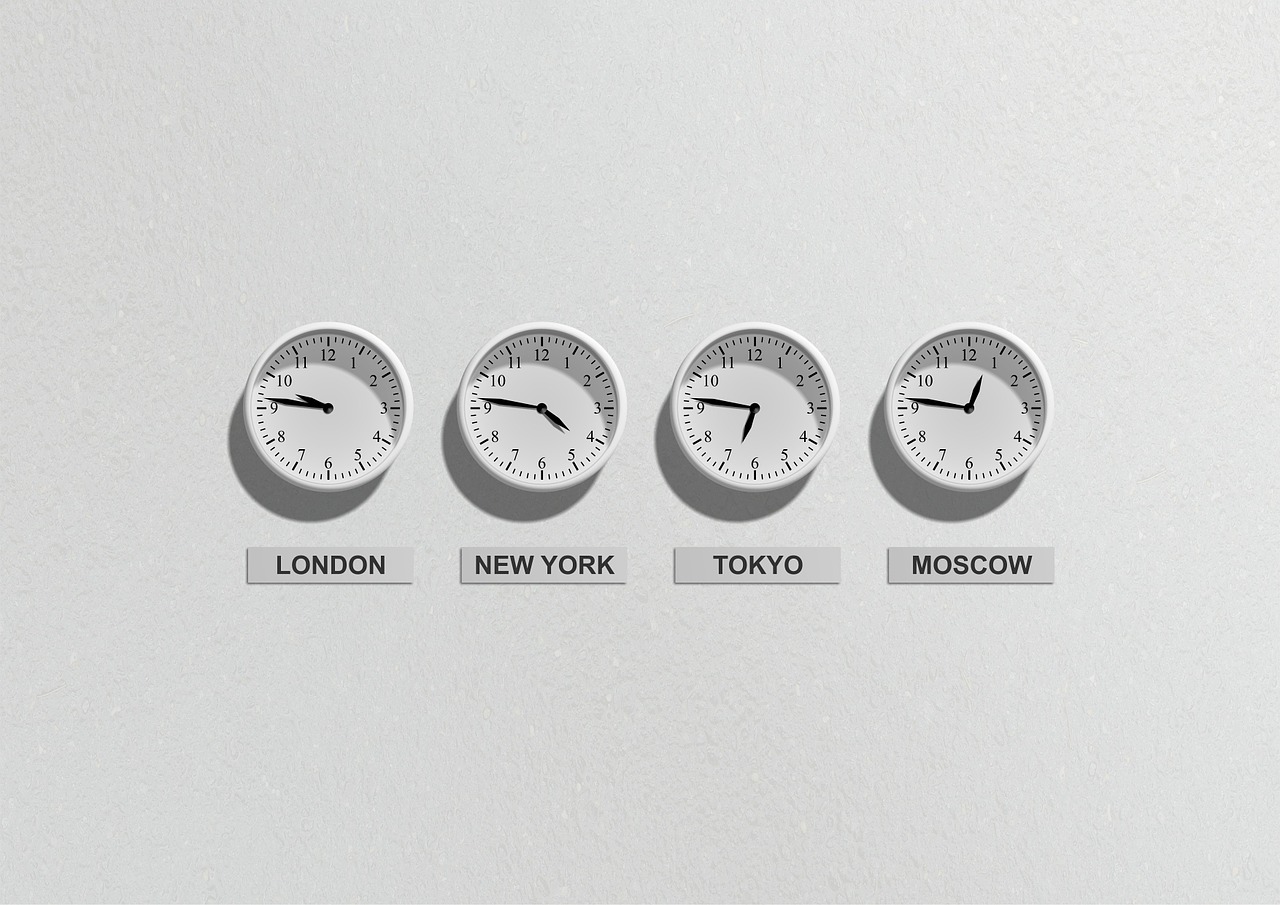Processes are all about reducing risk and increasing efficiencies, however not everything can be a documented process. Some time wasters are cultural or human characteristics. Today I’d like to go through a few activities that are actually detractors to the business and time wasters.
Office politics and power Games – The single biggest time waster in business.
When instead of taking decisions for the benefit of the business, there is maneuvering, pre-alignment and politicking so as to ensure that it is the decision that most benefits us, our department or the department that usually backs us up….
Discussion email threads
When an email thread includes everyone and their mother with a topic that requires an answer or a discussion, wherein everyone feels like they should give their opinion and contribute – even if it’s repeating what someone else has already brought up.
Meetings without a stated objective
Same as the email thread but in the physical realm. Might as well meet up next to the water cooler.
Meetings whose attendees have no decision power
So let me brief you, so that you can have a meeting and brief your boss, so that we can later have another meeting during which you will relay your boss’s concern, and I will go back to my boss to clarify etc…..
Initiating projects before their time
Whilst starting a project early might seem that you have a head start and more time to prepare, you are simply creating a distraction for all those that need to be involved and still have other tasks and projects to complete. By doing this you will reduce focus and consequently make other projects and initiatives late.
Shoddily defined requirements
No one has an actual magic crystal ball. If the requirements for a task or a project are not clear, reject it. Attempting to satisfy an unclear requirement will only result in frustration on both sides and rework.
Elaborate Team Building activities
Whilst I’m not disputing the benefits of team building activities, elaborate set-ups that force people into groups to carry out activities they might not actually enjoy, is just a waste of company time and money which would be better spent taking your employees out for some drinks or a nice dinner.
Tasks/Requests without defined deadlines
If there is no deadline, it means that it is not urgent and can be one of those tasks that keeps getting postponed due to more urgent items that actually do have a deadline. Instead it stays there on the to do list, creating noise and frustration.
Accepting low quality work
Accepting low quality input delivered by co-workers, vendors or other, will just cause delays, frustration and re-work. Whilst it may be tempting to dismiss a sub-par report or presentation thinking you’ll work around it so as not to cause a scene you are doing yourself and your company a disservice. Not only will you waste time working around it, but you’re also creating a precedent.
Lack of automation
Time spent doing repetitive, administrative tasks that can be automated is not the best investment for a business. If something can be automated it should. It not only frees up the time of a human resource but it also ensures consistency and quality of output. A machine does not have bad days, and does not get bored of doing the same task over and over again, a human does.
Crowded Open plan set-up
Whilst it may seem that open plan office setups promote collaboration, break down silos and improve communication, when there are too many people in an open plan, the noise levels increase becoming a hindrance .
Unnecessary interruptions
All well and good to be approachable and have open door policies, however a lot of times these are abused resulting in a number of unnecessary interruptions. One should not be afraid to ask colleagues to come back later or specify time slots during the day when the open door policy should be applied. When we are interrupted, it takes us 10 to 15 minutes to get back to the same level of concentration and pick up where we left off.
Delegation avoidance
Avoiding to delegate and to trust that your employees can handle it is a disservice to them, the business and yourself. “they’re too busy”, “It’s too basic a task – I feel guilty handing this off” and the best “It will be quicker to just do it myself.”
This results in lack of mentoring and less learning opportunities for your employees. It also means that the next time this task comes around, you’ll have to do it yourself again as you did not take the time to teach someone else the first time round.
Whilst this might not sound pretty, if the task is to basic or too menial consider that, your salary in hours is probably not best spent on such a task when the company has others employed for such purpose.

One response to “Time wasters at work”
Very good write up.